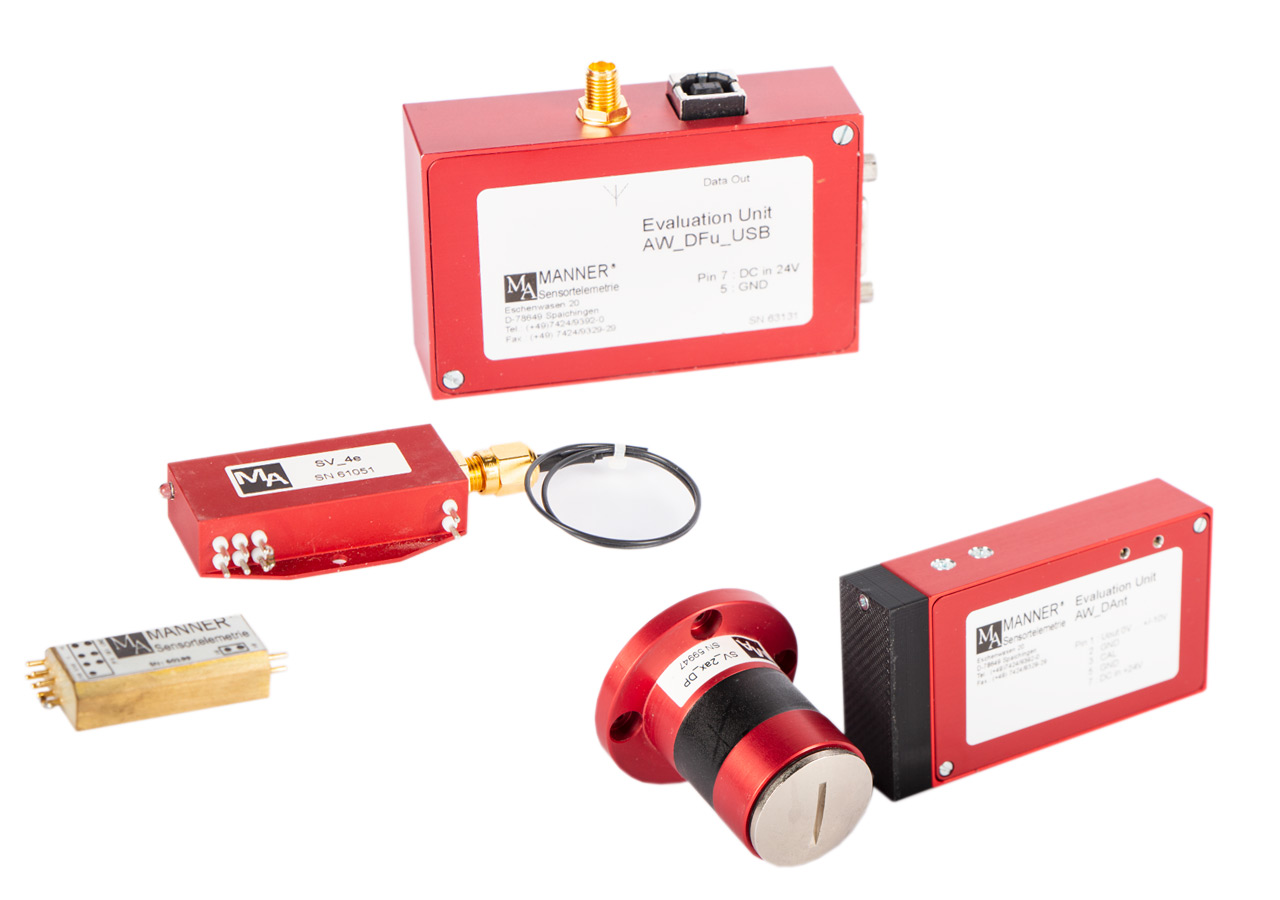The classic torque shaft for test bench measuring tasks has many disadvantages compared to bearingless measuring shafts. The classical measuring shaft is usually supported by bearings and may even be constructed with slip rings. Due to the necessary bearings, wear and a force shunt is automatically included. It also requires a bearing block and corresponding couplings that are flexible on both sides. In addition, the noise of the bearings is disturbing in certain test applications. In addition, the entire test rig design can be made more compact. This is also the reason why the mounted measuring shaft was replaced by bearingless solutions in the automotive test fields.
The company MANNER Sensortelemetrie offers bearingless torque measuring shafts. This solution is more favorable from an overall point of view, as the couplings and the bearing bracket can be dispensed with. Furthermore, more compact designs are possible. Especially when it comes to accuracy, the bearingless shaft has clear advantages. The basic accuracy of MANNER measuring shafts is better than 0.05 %. This is not possible with a bearing-mounted measuring shaft. MANNER also offers an optional integrated speed measurement.
Couplings and bearings are problematic at high speeds. The selection of a suitable coupling taking into account the shaft dynamics requires special knowledge. Many test stand builders have despaired of shaft vibrations on the wrong couplings. The bearingless measuring shaft from MANNER can be used up to 150,000 rpm.

